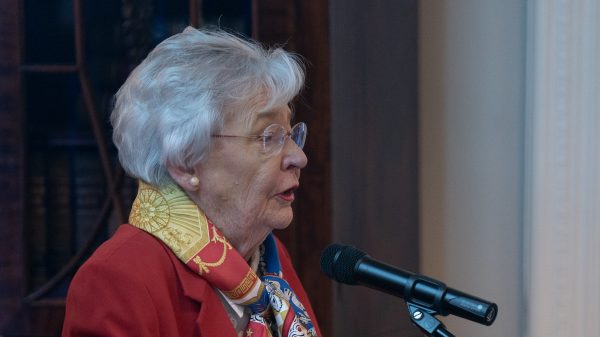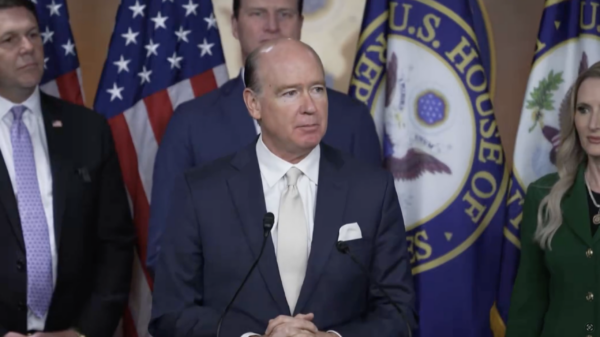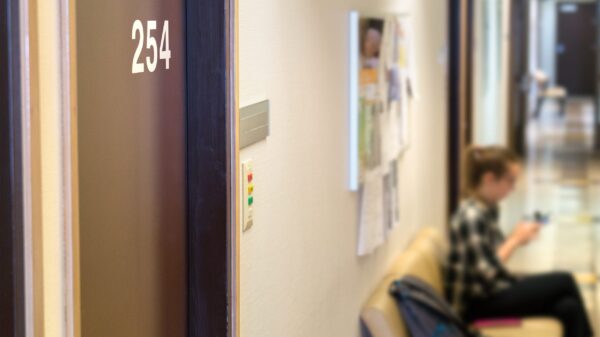I firmly believe that every child in Alabama deserves access to a quality education that prepares them for a successful career and fulfilling life.
But far too many students in Alabama do not have this option.
This is why the Alabama Accountability Act (AAA) was created in 2013. It empowers low-income families with the same choices that wealthier Alabamians already have: the option to find the best educational fit beyond their assigned neighborhood school. These scholarships are funded by private donations from individuals and corporations to Scholarship Granting Organizations who receive a tax credit on their contribution. Families then use the scholarships to cover K-12 private school tuition at a school of their choosing.
The program has met and surpassed that goal. More than 3,500 students are participating in the program, and thousands more have applied and are waiting for their opportunity. All these students come from low-income families. To enter the program, students must have a family income that qualifies them for a federal free or reduced-price lunch. Contrary to perceptions, the majority of participating students (73 percent) are black or Hispanic.
Regrettably, several local school boards recently passed resolutions calling for an end to the Alabama Accountability Act. They claim that participating students are not making academic gains and that the program takes money away from public schools’ budgets.
Neither of these are true.
A recent University of Alabama report showed that students on AAA scholarships did better academically overall than low-income students in public schools and took steps toward equaling the performance of all Alabama students regardless of their demographic.
Using more than just test scores, parents also consider if their students are excited to learn, feel safe and find a supportive friend group when selecting an alternative learning environment.
The funding for AAA scholarships is less than half of one percent of the overall state education budget. I do not believe that this small amount is too much to pay so that children and their parents have the ability to choose the type of education that sets them up for future success.
This program is focused on kids – not school buildings. Our entire education system improves when parents can put their children in the school that fits their unique needs. We’ve seen this in our neighboring states that have similar programs for low-income families and students with special needs. They have seen great success, even in the public schools themselves. A study of a Florida choice program found that low-performing public schools saw a 15-percentage point improvement in math after facing competition from nearby private schools.
Although the AAA is a step in the right direction, there is still much more that needs to be done to prepare Alabama children for success in school and in life. There is no time to wait. It is critical that we continue to develop this crucial program.






















































